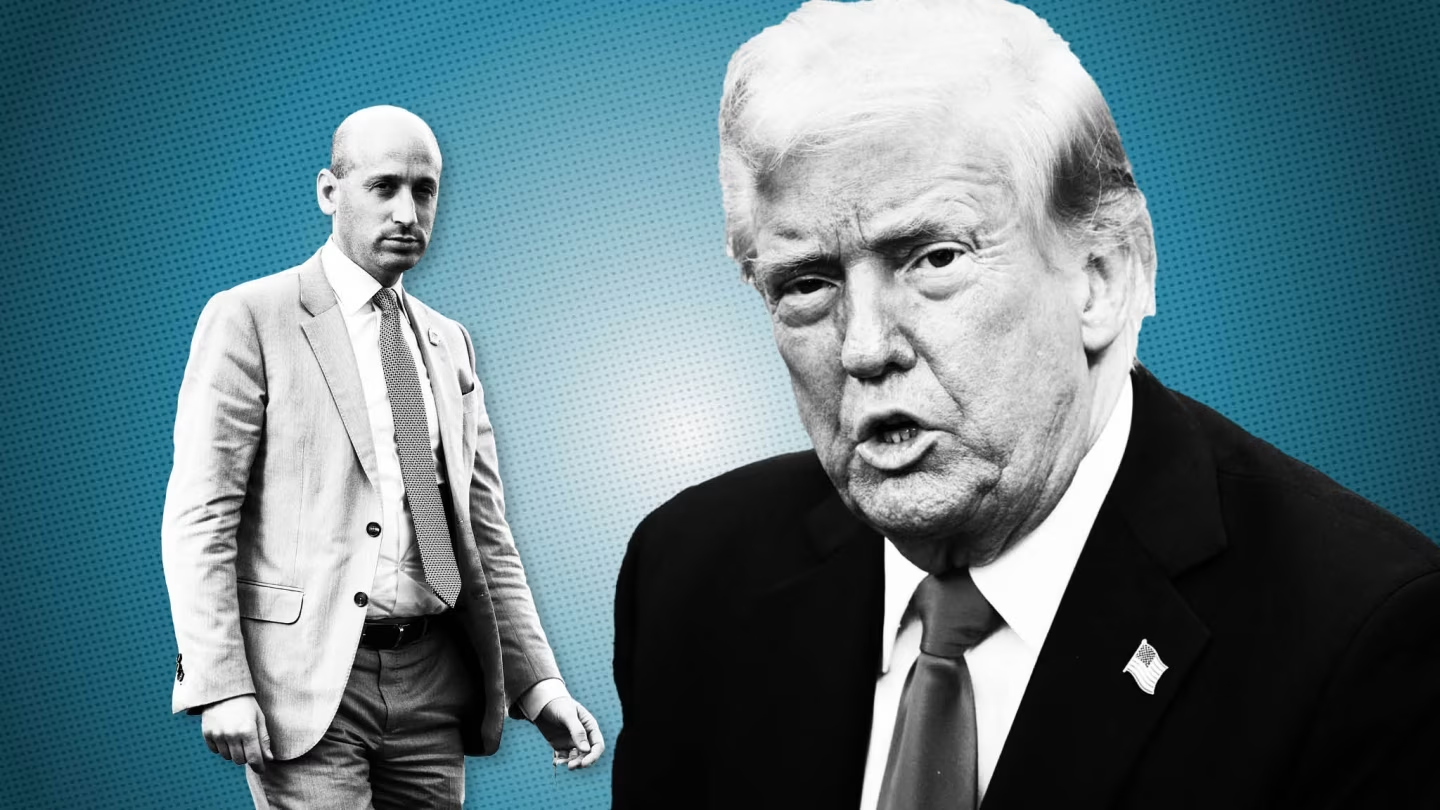Stephen Miller, one of Donald Trump’s closest advisers during his presidency, has emerged as one of the most influential figures behind America’s strict immigration policies. Often described as the driving force behind Trump’s hardline stance, Miller’s role in shaping immigration enforcement has left a lasting impact on millions of undocumented migrants across the United States.
Miller, known for his staunch anti-immigration views, crafted many of the most controversial policies of the Trump administration. These included the “zero tolerance” policy that led to family separations at the border, the travel ban targeting several Muslim-majority countries, restrictions on asylum seekers, and efforts to limit legal immigration channels.
Supporters argue that Miller’s policies were necessary to restore order to what they saw as a broken immigration system and to protect American jobs and national security. However, critics accuse him of promoting xenophobia and inflicting severe human suffering on vulnerable populations.
“Stephen Miller was the architect of policies that devastated immigrant communities and tore families apart,” said a spokesperson for a leading immigrant rights organization. “The damage caused by these measures will be felt for years.”
Miller’s influence extended well beyond policy writing. He was known for his behind-the-scenes work in coordinating with government agencies, pushing for aggressive enforcement actions, and resisting attempts to soften the administration’s immigration approach.
Even after Trump left office, Miller has remained active in shaping the broader debate on immigration within Republican circles. Through public commentary, legal advocacy, and political consulting, he continues to promote strict immigration controls as central to America’s national identity and security.
As the debate over immigration intensifies ahead of future elections, Stephen Miller’s legacy remains at the center of America’s deeply polarized conversation on immigration policy — viewed by some as a champion of border security, and by others as the face of one of the most controversial chapters in recent U.S. history.
